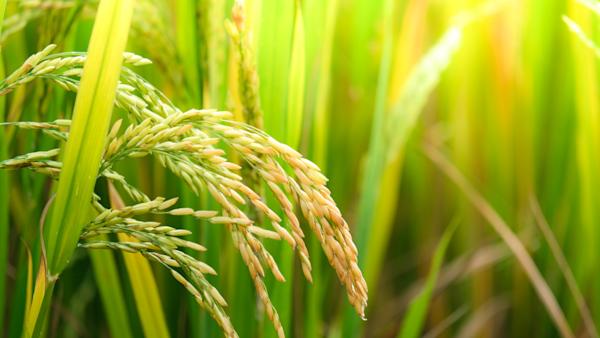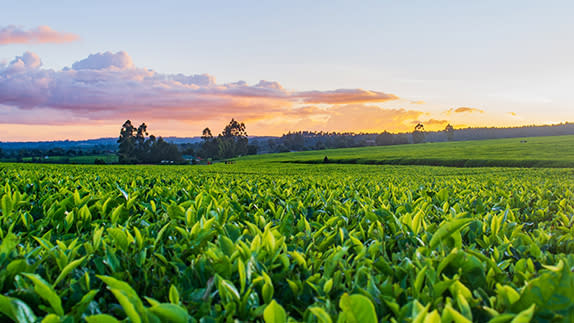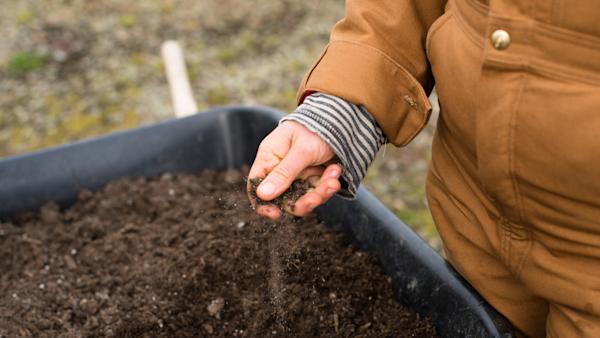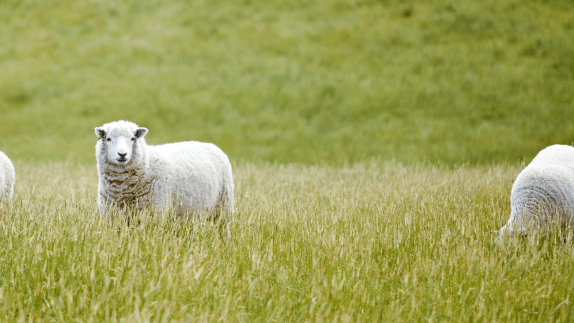The global food system is responsible for between 20-30% of greenhouse gas emissions, most of which are generated at the production stage. Take rice, for example, a food staple that is eaten regularly by over half the world’s population. Conventional rice production generates emissions equivalent to the entire global aviation industry. So how can we produce rice in a way that uses fewer resources and regenerates nature? A growing number of farmers around the world are changing the way they produce rice, by adopting an agroecological approach called the System of Rice Intensification (SRI). This method relies on a small group of simple interventions that together significantly reduces water use, methane production, and the use of chemicals, while providing better yields and reducing labour for rice farmers. Multinational companies who support this type of agriculture through procurement and product design can address emissions from along their value chains (such as scope 3 emissions) and build resilience in their supplier communities. According to Project Drawdown, SRI currently accounts for 4% of rice production. If this was increased to 25%, the emissions reduction would be equivalent to that which is currently generated by the whole of India.

How greenhouse gas emissions from rice can be minimised through regenerative production
News and updates fromThe Ellen MacArthur Foundation
Click to subscribeThe Ellen MacArthur Foundation works to accelerate the transition to a circular economy. We develop and promote the idea of a circular economy, and work with business, academia, policymakers, and institutions to mobilise systems solutions at scale, globally.
Charity Registration No. (England and Wales): 1130306
OSCR Registration No. (Scotland): SC043120
Company No.: 6897785
Ellen MacArthur Foundation ANBI RSIN (Netherlands): 8257 45 925
The work of the Ellen MacArthur Foundation is supported by our Strategic Partners and Partners.
© Ellen MacArthur Foundation





